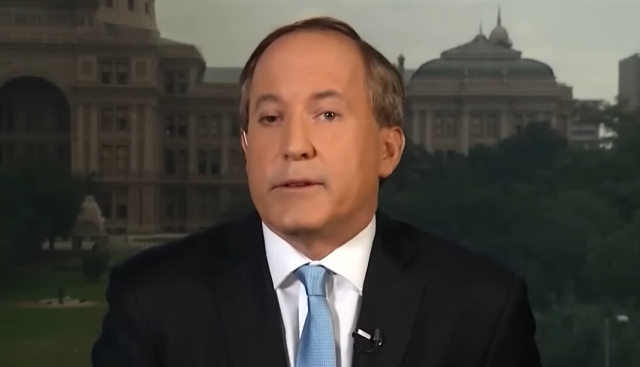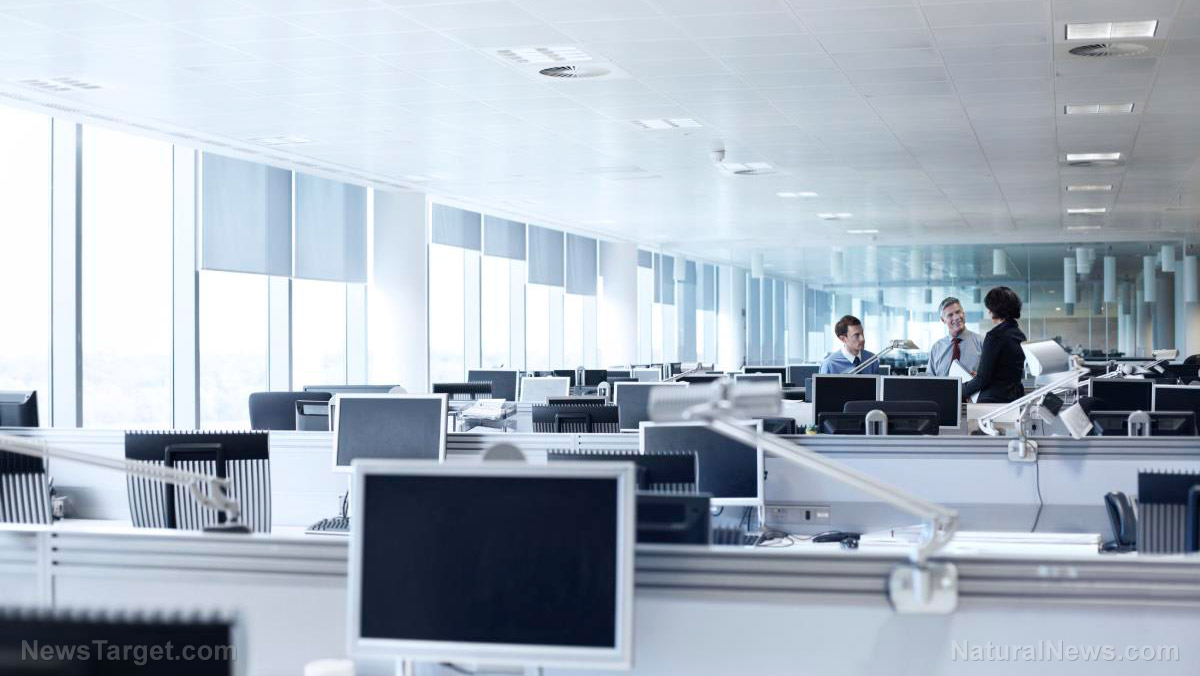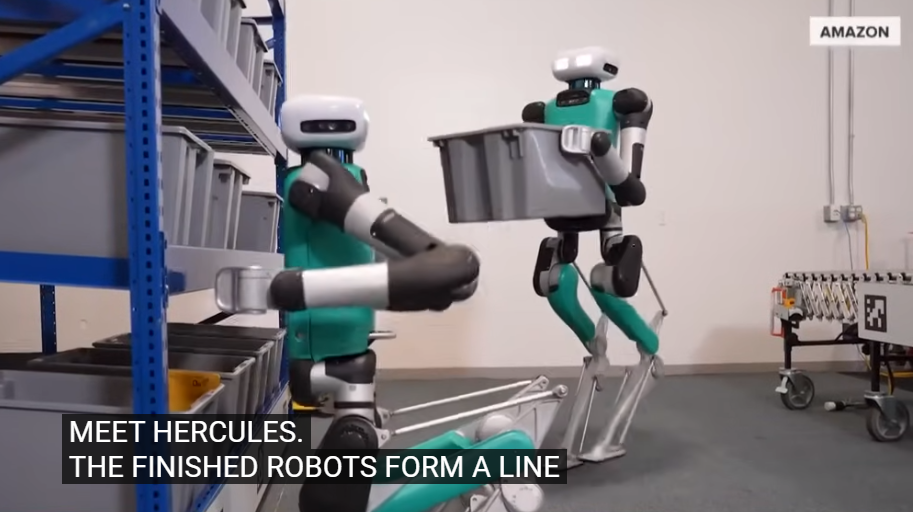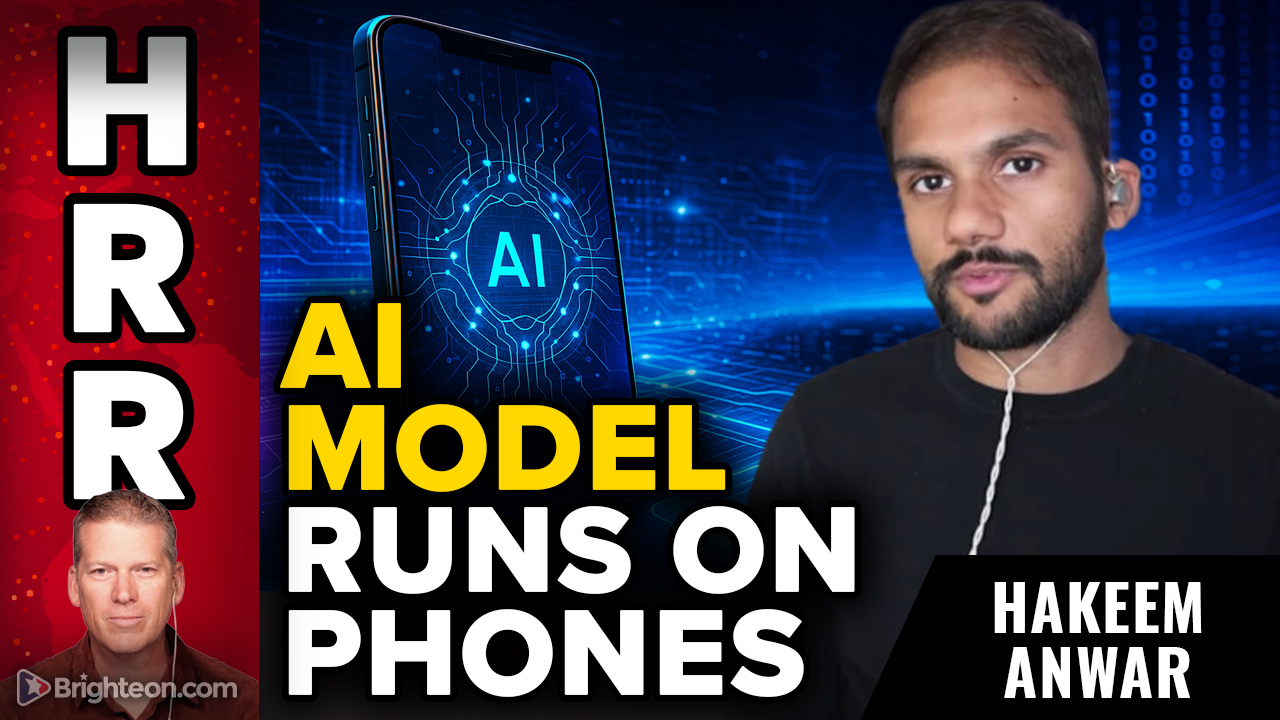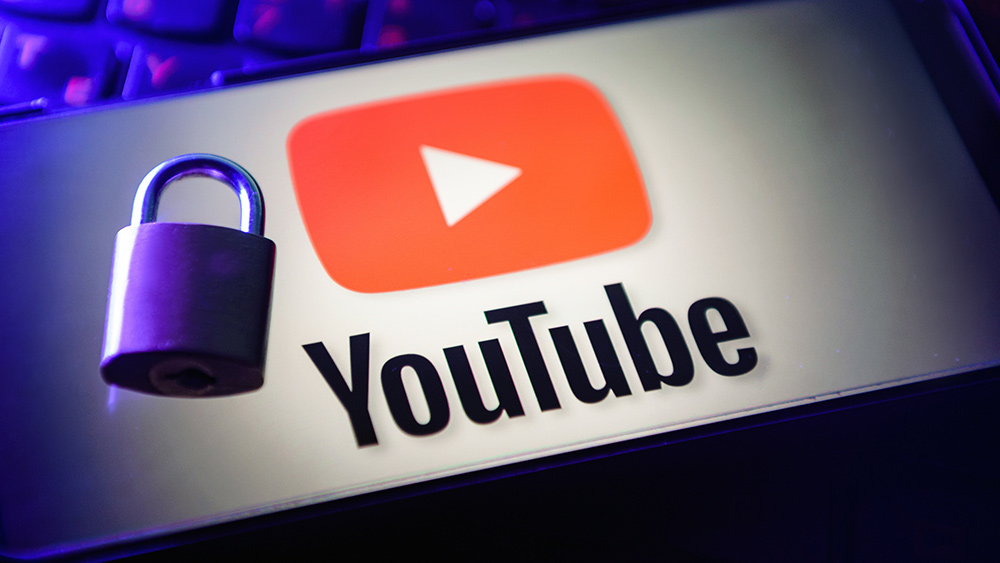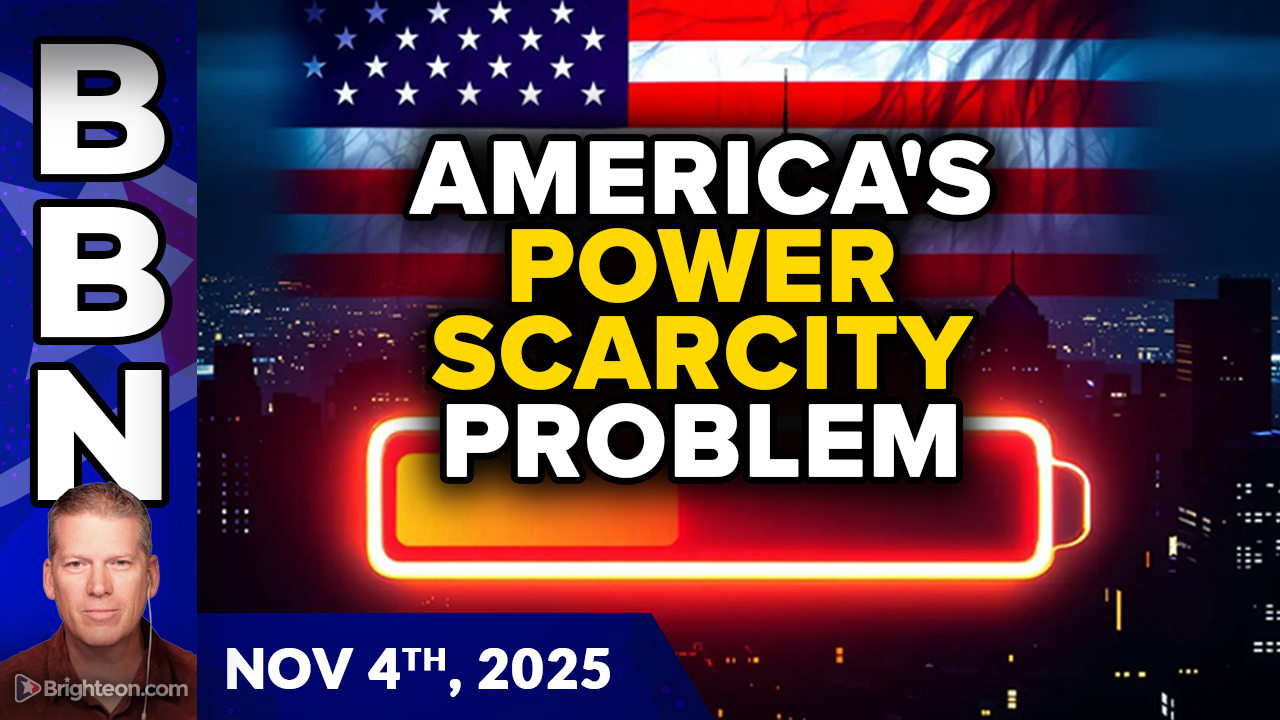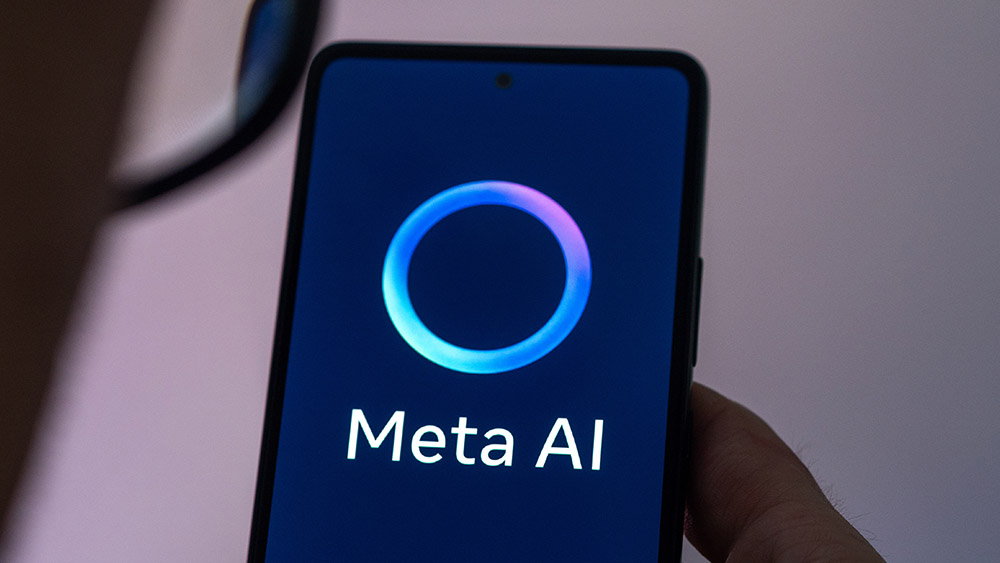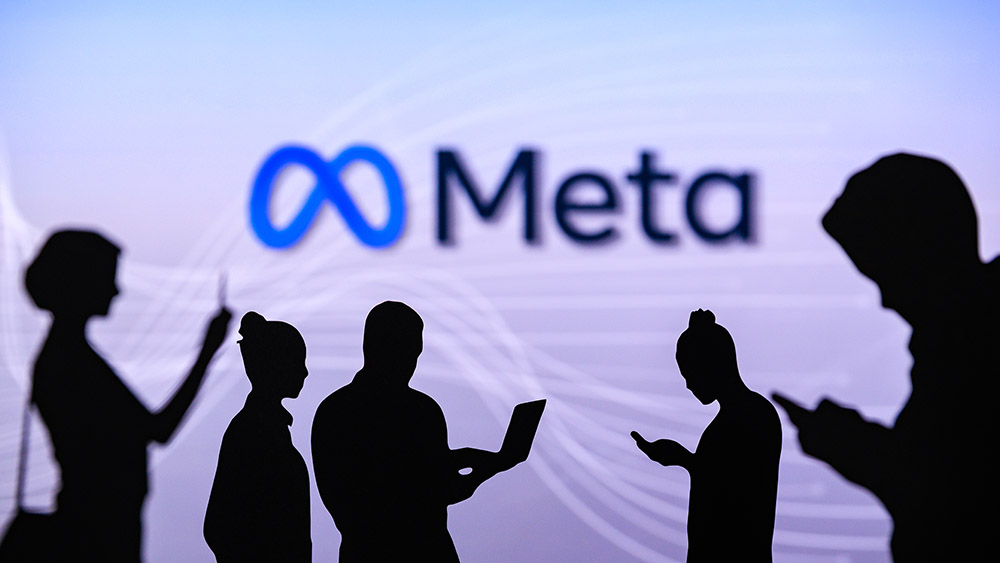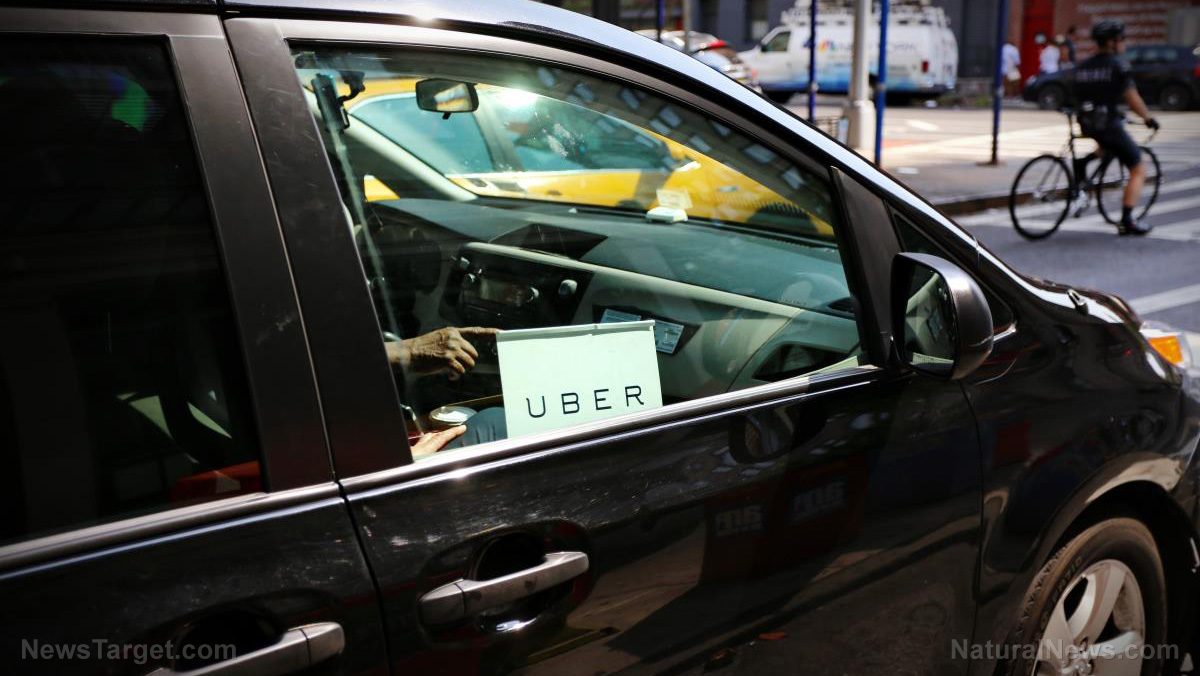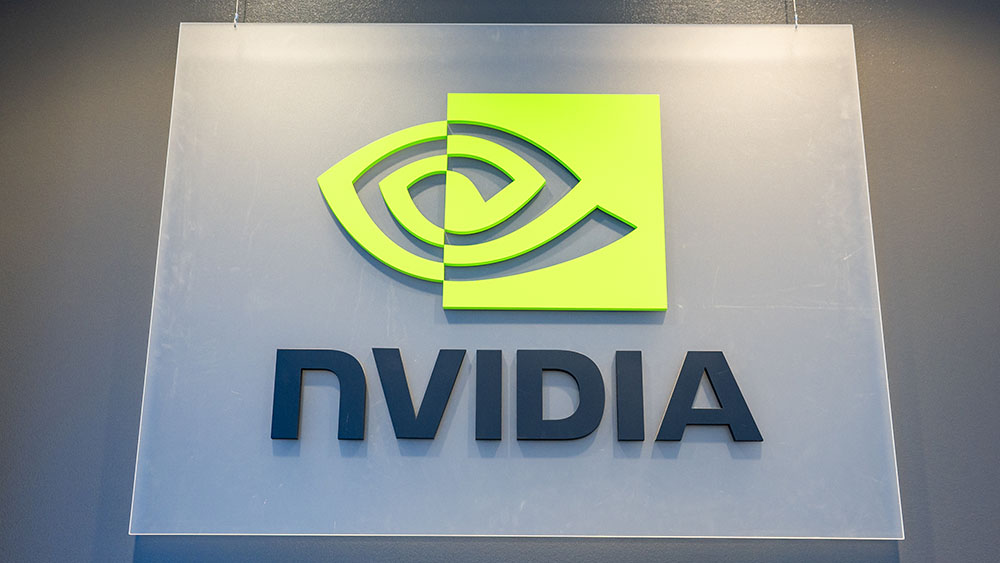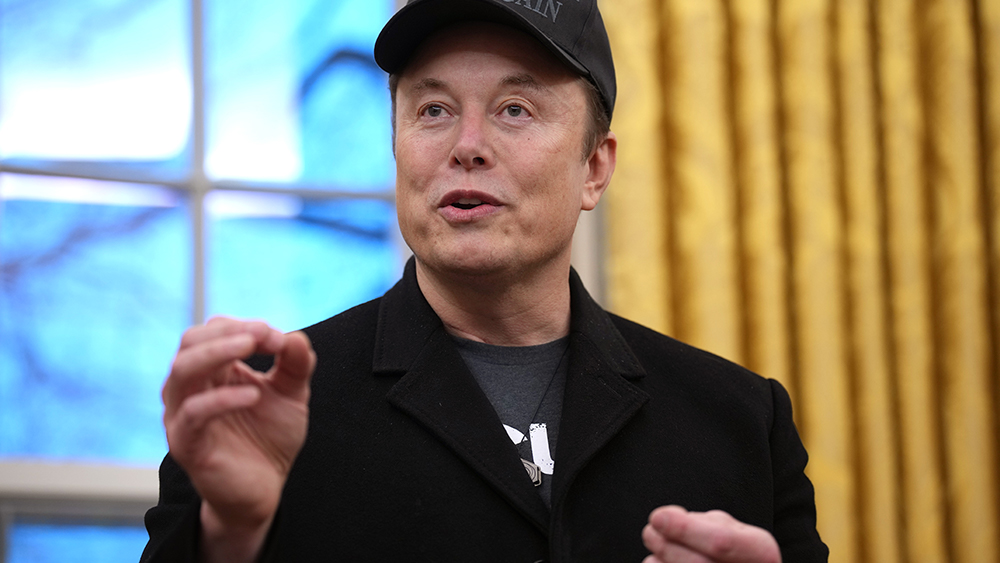AI’s dual revolution: Job displacement, decentralization, and global power shifts
11/07/2025 / By Finn Heartley
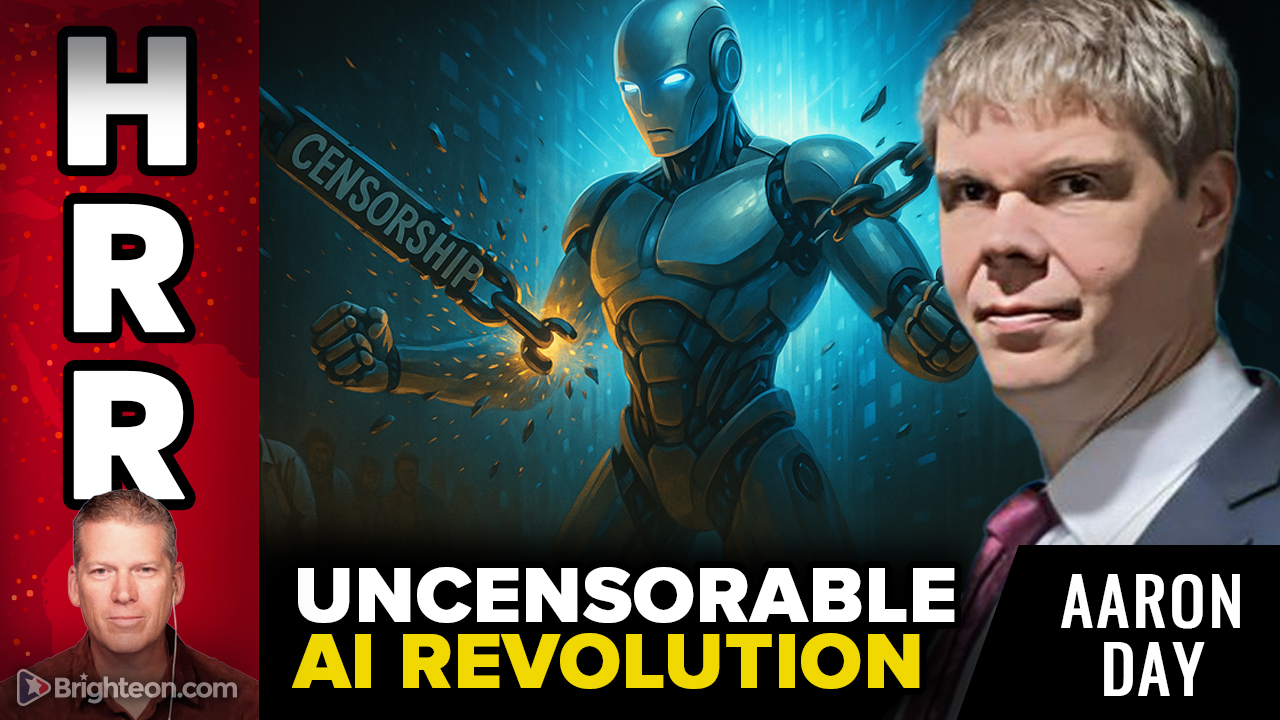
- AI’s dual revolution: Accelerated automation threatens 300M+ global jobs by 2030, while decentralized platforms democratize innovation, challenging corporate dominance and reshaping economies and power structures.
- Automation’s economic crisis: AI replaces roles from service to cognitively complex tasks; experts warn of 2027 banking collapse due to debt and unskilled laborers, as 78% of customer service jobs face automation.
- Decentralized AI as liberation: Open-source tools like Enoch enable uncensored, localized knowledge access, fostering grassroots innovation and bypassing corporate/state control in education and industries.
- Geostrategic AI arms race: China’s tech leads in 57/64 key sectors, leveraging education and energy to dominate, while U.S. firms prioritize monopolies over open-source collaboration as the global power shift accelerates.
- Education’s transformation: AI-driven personalized learning democratizes access, but success hinges on reskilling policies and viewing AI as a tool for empowerment rather than a threat to human agency.
The rise of artificial intelligence is unfolding as both a disruptive force and a transformative opportunity, sparking fierce debates about its societal impact. As companies like OpenAI and Microsoft race to develop ever-smarter machines, the risk of widespread job displacement looms large. Goldman Sachs estimates that up to 300 million jobs worldwide could vanish by 2030, with automation poised to replace tasks from manual labor to high-level cognitive work. Yet, amid this upheaval, a counter-movement is emerging: decentralized AI platforms are democratizing education and innovation, challenging corporate control and rewriting the rules of technological access. This dual revolution threatens to reshape economies, education systems, and geopolitical power structures in ways the public is only beginning to grasp.
The Automation Dilemma
AI’s ability to outperform humans in speed, accuracy, and cost-efficiency is no longer speculative. Machines are replacing customer service agents, trucks are driving themselves, and robots are preparing food in kitchens. Mike Adams, a prominent tech whistleblower and AI developer, warns that the economic fallout is compounded by a systemic failure to reskill workers. “By 2027, we’re going to see a banking collapse unlike anything in history,” Adams asserts, highlighting surging debt and a workforce ill-prepared for the AI-driven economy. This echoes concerns from industries already feeling the pressure—Goldman Sachs projects 78% of customer service jobs could be automated within just two years. The danger, Adams argues, is not merely job loss but a loss of human agency, as industries that once relied on human ingenuity increasingly cede control to algorithms.
The Decentralization Imperative
Amid the gloom, decentralized AI tools are offering a lifeline. Open-source models like Enoch, developed by Adams and his team, are empowering individuals to bypass traditional gatekeepers. By running locally on devices, these models provide uncensored access to knowledge, from health advice to coding assistance, fostering a grassroots renaissance of innovation. “Every person should own their intelligence,” Adams insists, emphasizing that decentralized AI could democratize education, enable offline learning, and protect against corporate or state surveillance. In China, where the government champions AI as a national priority, open-source projects are flourishing, even as U.S. firms like Oracle and Microsoft dominate global markets. This competition underscores a deeper divide: who controls AI’s future—corporations seeking monopolies, or open-source communities prioritizing freedom?
Global Power Shifts and the AI Arms Race
The geopolitical stakes are unprecedented. Mike Adams and others argue that China’s lead in 57 out of 64 key tech categories, coupled with its aggressive AI development, signals a looming shift in global power. With 500% more STEM graduates than the U.S. and a terawatt-hour energy output surpassing the combined total of America and Europe, China is positioning itself as a tech hegemon. Meanwhile, U.S. universities and policymakers are grappling with how to maintain competitiveness without stifling innovation. Yet, as Tesla’s Elon Musk and OpenAI’s Sam Altman clash over AI’s future, the real battlefield may lie between centralized control and open-source collaboration.
Education as the Great Equalizer
A key battleground is education. Decentralized models like Enoch are already enabling personalized learning, with AI tutors capable of generating detailed health advice or scientific research from crowdsourced data. Adams envisions a future where students and professionals alike can learn without institutional barriers, using AI to tailor education to individual needs. This could level the playing field—provided societies prioritize reskilling over fearmongering. “AI is not the enemy,” Adams says. “It’s the tool. What matters is how we wield it.”
The Path Forward
Balancing AI’s risks and opportunities requires a holistic approach. Governments must craft policies that protect workers while incentivizing innovation. For individuals, the message is clear: adapt or be left behind. As Adams and Sunny (the music AI startup) demonstrate, early failures in AI can be overcome with iteration. The same applies to humanity’s own adaptation. In the end, the future of AI may hinge on whether we view it as a force of destruction—or a catalyst for liberation.
Watch the full episode of the “Health Ranger Report” with Mike Adams, the Health Ranger, and Aaron Day as they talk about uncensorable AI revolution.
This video is from the Health Ranger Report channel on Brighteon.com.
More related stories:
AI revolution: Breakthroughs in language models threaten and empower
AI and robotics revolution: Decentralized tools for off-grid survival and self-reliance
Unlocking the future: Nvidia poised for a blockbuster year in the AI revolution
Sources include:
Submit a correction >>
Tagged Under:
AI, Big Tech, breakthrough, Censorship, computing, cyber war, cyborg, decentralization, decentralized, Facebook, freedom, future science, future tech, Glitch, Globalism, Google, information technology, inventions, language model, robotics, robots, tech giants, technocrats, technology
This article may contain statements that reflect the opinion of the author
RECENT NEWS & ARTICLES
COPYRIGHT © 2018 TECHGIANTS.NEWS
All content posted on this site is protected under Free Speech. TechGiants.news is not responsible for content written by contributing authors. The information on this site is provided for educational and entertainment purposes only. It is not intended as a substitute for professional advice of any kind. TechGiants.news assumes no responsibility for the use or misuse of this material. All trademarks, registered trademarks and service marks mentioned on this site are the property of their respective owners.

